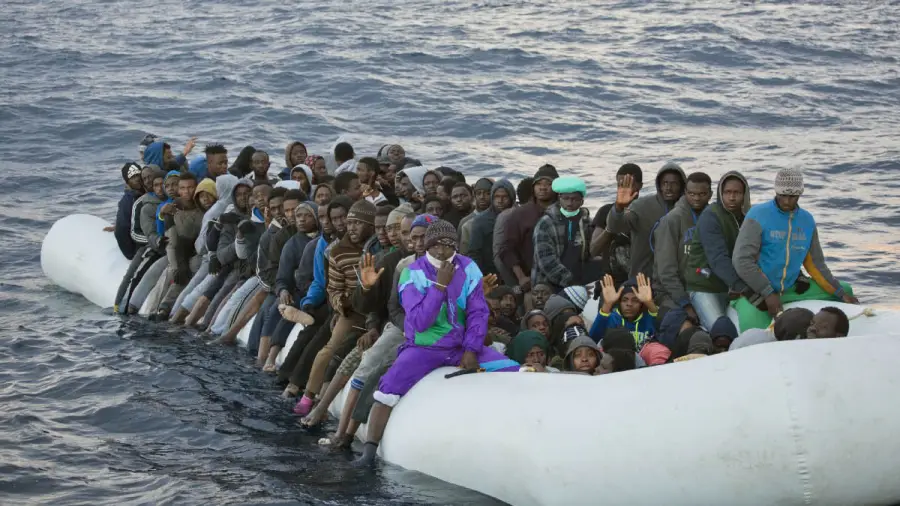The new European migration and asylum pact has been ratified despite opposition from Poland, Hungary, and Slovakia, with the Czech Republic, Malta, and Austria abstaining during the final vote on Tuesday. However, their dissent did not thwart the approval of the legislative package, as it garnered the necessary qualified majority from member states.
Among the 20 countries voting in favor of the pact was Bulgaria, endorsing the set of regulations aimed at enhancing the organized management of migrant arrivals and establishing uniform procedures for reception, return, and equitable distribution of migrants across European nations.
The Council has adopted ten legislative pieces encompassing comprehensive reforms to the European asylum and migration management framework, slated to come into effect by 2026.
A key provision entails the compulsory allocation of up to 30,000 migrants annually among EU member states to alleviate the burden on border states. Standardized asylum application procedures will differentiate between applicants based on their likelihood of being granted protection, with swift processing aimed at identifying and returning those ineligible to stay.
Countries unwilling or unable to accept migrants may opt to contribute financially to their upkeep or deploy border guards to assist with border security or establish reception centers.
A significant aspect of the reform is the introduction of mandatory border procedures for certain categories of asylum seekers, primarily those from countries with low asylum recognition rates. This border procedure aims to promptly assess the admissibility of asylum applications at the EU’s external borders, preventing entry for individuals awaiting processing.
Enhanced identity, security, vulnerability, and health assessments will be conducted, supported by the Eurodac database to enhance control over illegal migration and unauthorized movements within the Union.
Additionally, the package includes regulations for asylum and migration management, introducing criteria for determining the member state responsible for examining international protection applications and sharing responsibility among member states, considering factors beyond the country of entry into the EU.
To address crisis situations and force majeure circumstances, national authorities may deviate from certain rules and seek enhanced solidarity from other European countries. This crisis mechanism will be activated only in exceptional circumstances, subject to evaluation and approval by the European Commission and member countries.
After more than eight years of negotiations, a political agreement was reached among European countries in December, with the European Parliament adopting the pact in April. The Council vote marks the final step before publication in the EU’s Official Journal and entry into force.

